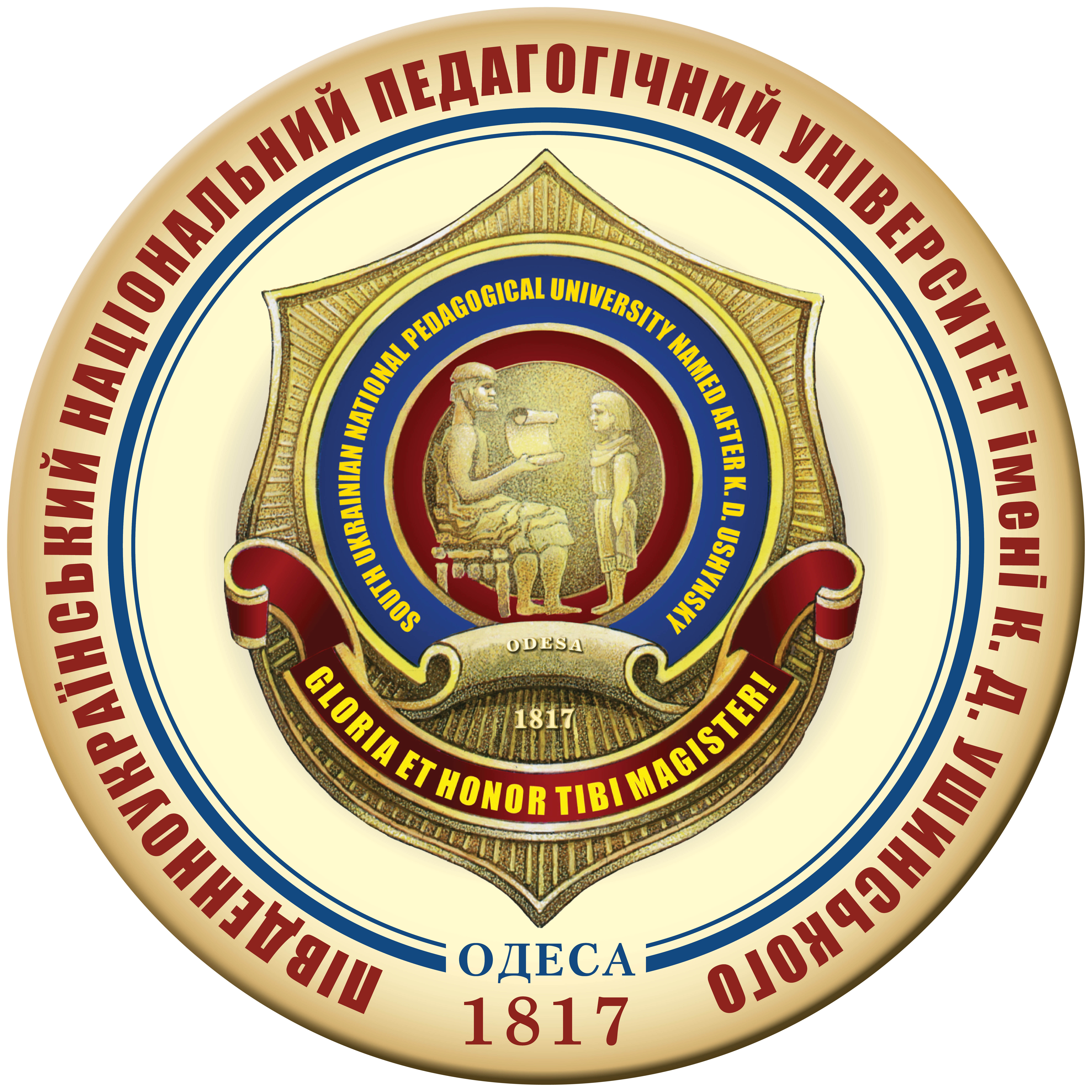THE DEPENDENCE OF THE PSYCHO-EMOTIONAL STATE OF STUDENTS DURING THE PERIOD OF ADAPTATION TO EDUCATION IN THE HIGH SCHOOL ON THE LEVEL OF PHYSICAL FITNESS
DOI:
https://doi.org/10.24195/olympicus/2023-3.20Keywords:
physical education, sports, institutions of higher education, adaptation, psychoemotional state.Abstract
The article deals with the problem of the psycho-emotional state of student youth during their studies in higher education institutions. We investigated the indicators of the mental and adaptive state of students depending on their physical fitness: the indicators of depressive states and personal anxiety of students of the first year of study were revealed; a comparative analysis of the level of adaptation potential of students who regularly play sports and those who do not have experience of regular physical exercises was made; the level of personal anxiety and depression among studentathletes and students with a low level of physical fitness was determined. The obtained data confirm the opinion about the decrease in the functional capacity of body systems under the influence of adaptation processes and about the beneficial effect of a high level of physical fitness on the nature of morphofunctional changes in the body of students. It has been proven that students who do not play sports and do not have experience of regular physical exercises have high risks of psychological diseases related to depressive states and the presence of high personal anxiety. Studies have shown the absence of depression in 30% of student-athletes, compared to 10% of non-athletes. More than 30% of such students are in a state of direct depression, when athletes have not registered a single case. Regarding the general cohort of students, the state of depression is inherent in 15.2% of cases. The work shows that a high level of personal anxiety is characteristic of 36.7% of student-athletes, which is almost half as much as that of students who have no experience of physical exercises (66.7%) and the general cohort of subjects (77.2%). The obtained data indicate that physical fitness contributes to training the body of students and thereby creates a physiological basis for sustainable professional performance. Therefore, it can be considered that the results of physical fitness at the beginning of training should be considered as a prognostic indicator of the success of mastering the chosen specialty.
References
Агаркова А.І. Схильність до депресії як чинник суїцидальної поведінки серед студентської молоді. Вісник Харківського національного педагогічного університету імені Г. С. Сковороди. Психологія. 2017. № 56. С. 19–29.
Бобро О.В. До проблеми виникнення стресових розладів. Менеджмент підприємницької діяльності : навч. посіб. для проф. підготовки військовослужбовців ЗС України звільнених у запас. Проект «Україна Норвегія». Одеса : Видавничий дім «Гельветика», 2020. № 8. С. 267–272.
Гутарєва Н.В., Мусхаріна Ю.Ю., Гутарєв В.В. Вплив фізичної реабілітації на відновлення фізичного і психічного стану студентів вищих навчальних закладів. Український журнал медицини, біології та спорту. 2018. № 7. С. 278–282.
Подгорна В., Смолякова І, Дроздова К. Вплив специфіки спортивної діяльності на виховання міжособистісного спілкування та колективної взаємодії студентів. Modern management: theories, concepts, implementation. Monograph. Editors: Marian Duczmal, Tetyana Nestorenko. Opole: The Academy of Management and Administration in Opole, 2021. С. 286–293.
Слухенська Р.В., Пасько Т.В., Пашкова О.С. Роль керованих фізичних навантажень у профілактиці виникнення хронічного стресу. Педагогіка формування творчої особистості у вищій і загальноосвітній школах. 2018. № 58–59. С. 198–206.
Стоян Н.В. Психогігієнічна оцінка ступеня вираження астенічного і депресивного станів студентів у динаміці навчання в медичному вищому навчальному закладі. Гігієна населених місць. 2015. № 3. С. 244–249.
Тимошенко В.В., Булига В.С. Вплив фізичних навантажень на психоемоційний та фізичний стан студентів вищих навчальних закладів. Педагогіка і сучасні аспекти фізичного виховання. 2017. № 7. С. 92–95.
Тукаєв С., Вашека T., Долгова O. Аматорський спорт як засіб запобігання емоційному вигоранню. Спортивна медицина, фізична терапія та ерготерапія. 2020. № 2. С. 18–25.
Футорний С. Характеристика стану здоров’я студентів вищих навчальних закладів. Теорія і методика фізичного виховання і спорту. 2013. № 2. С. 99–105.








